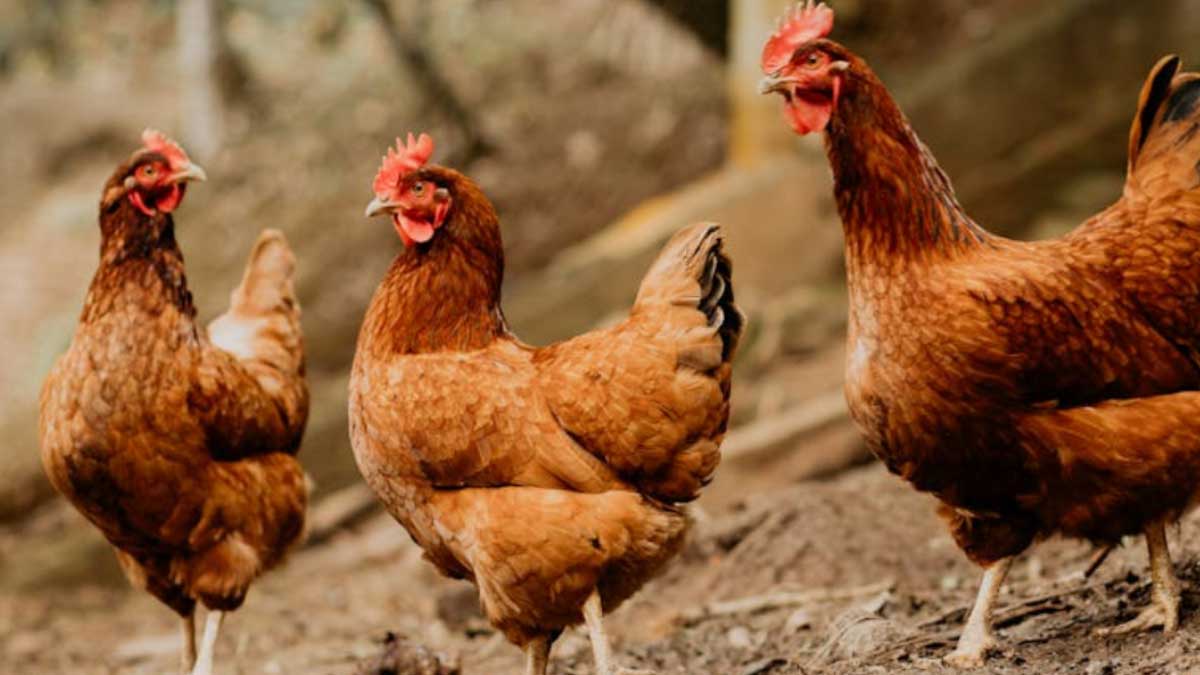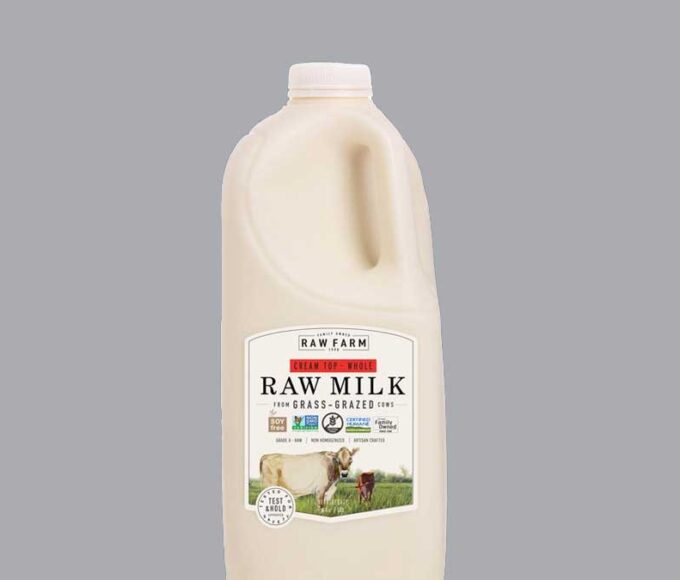- Home
- Billionaires
- Investing Newsletters
- 193CC 1000
- Article Layout 2
- Article Layout 3
- Article Layout 4
- Article Layout 5
- Article Layout 6
- Article Layout 7
- Article Layout 8
- Article Layout 9
- Article Layout 10
- Article Layout 11
- Article Layout 12
- Article Layout 13
- Article Layout 14
- Article Sidebar
- Post Format
- pages
- Archive Layouts
- Post Gallery
- Post Video Background
- Post Review
- Sponsored Post
- Leadership
- Business
- Money
- Small Business
- Innovation
- Shop
Recent Posts
First Human Cluster of H5N1 Bird Flu Detected in Colorado

In recent developments concerning the H5N1 bird flu, health officials are closely monitoring the spread of this avian influenza strain, which has shown alarming signs of affecting mammals and potentially humans. Since its global outbreak in 2020, the virus has been observed in various animal populations, including cattle and marine mammals, raising concerns among experts about its potential to mutate and spread more easily to humans.
On August 29, the Centers for Disease Control and Prevention (CDC) reported the first known cluster of human cases linked to poultry outbreaks in the U.S. This cluster, detected in July at two poultry facilities in Colorado, represents a significant development, as previous infections in humans had been isolated incidents with no evidence of human-to-human transmission. The initial outbreak in July involved workers from a Colorado poultry facility, where the CDC confirmed three additional human infections by July 25. This brought the total number of human cases in the U.S. since 2022 to 14. Notably, the infections were confined to individuals who had direct contact with infected poultry. Despite the severity of the outbreaks, there have been no reports of transmission between humans.
The bird flu virus has also been found in cows, marking a significant shift in its transmission dynamics. On July 24, a study published in Nature reported that bird flu spread among cattle in the U.S., with the virus also being transmitted to cats and raccoons. This study is one of the first to confirm mammal-to-mammal transmission of bird flu. In addition to the findings in cows, the CDC confirmed two more bird flu cases in poultry farm workers from the same Colorado facility on July 19, increasing the total number of human cases in the U.S. to 11. These cases followed a sequence of earlier infections, including a fourth case confirmed on July 15, bringing the total number of cases linked to this facility to five.
Globally, the spread of bird flu has impacted various animal populations and prompted responses from health authorities. On June 25, Finland announced plans to vaccinate vulnerable populations, including farm workers, against bird flu using vaccines procured through an EU deal. This move highlights the growing concern over the virus’s potential to affect human health more directly. In the U.S., the Food and Drug Administration (FDA) and the Department of Agriculture have taken steps to ensure the safety of the food supply. On May 1, the Department of Agriculture tested ground beef for bird flu, with all samples coming back negative. Similarly, the FDA confirmed that dairy products remain safe for consumption, despite the detection of some dead virus remnants in non-baby products.
The World Health Organization (WHO) and other health bodies have expressed concerns about the potential for bird flu to spread more widely among humans. The virus’s ability to infect mammals, including domestic pets, is a critical factor that warrants ongoing surveillance. Recent reports, such as one from April 30, indicated that the movement of migratory birds remains a significant vector for the virus’s spread. Research continues into how bird flu affects various species and its potential impact on human health. For example, a study released on May 23 suggested that consuming infected milk could spread the virus, although pasteurization is generally effective in killing the virus.
Bird flu is known to be highly fatal to humans, though transmission between people is rare. According to WHO data, there have been 888 human cases of bird flu since January 2003, with a mortality rate of approximately 52%. In the U.S., only two cases have been reported, both linked to contact with infected animals. The most recent case involved a Texas dairy worker who experienced mild symptoms and recovered. Health authorities emphasize the importance of food safety to prevent bird flu transmission. Properly cooked meat and pasteurized dairy products are considered safe, while raw or undercooked products are not recommended. The CDC advises against consuming unpasteurized milk and raw meat, as these can harbor the virus.
Vaccination efforts are underway, although the availability of vaccines for humans remains limited. The U.S. has a stockpile of H5N1 vaccines, but large-scale production would be required in the event of a significant outbreak. As of now, the risk to the general public remains low, but the increasing number of mammal infections and the virus’s ability to mutate warrant continued vigilance. Health officials are urging ongoing monitoring and research to better understand and manage the risks associated with H5N1 bird flu. In conclusion, while the current situation involves isolated human cases and mammal infections, the potential for broader transmission and mutation of the virus necessitates close monitoring and preparedness. The international community’s response, including vaccination and surveillance efforts, will be crucial in addressing this evolving public health challenge.
Recent Posts
Categories
- 193 Countries Consortium Partner1
- 193cc Digital Assets2
- 5G1
- Aerospace & Defense48
- AI37
- Arts3
- Banking & Insurance11
- Big Data3
- Billionaires1,467
- Boats & Planes1
- Business332
- Careers13
- Cars & Bikes79
- CEO Network1
- CFO Network17
- CHRO Network1
- CIO Network1
- Cloud10
- CMO Network18
- Commercial Real Estate7
- Consultant1
- Consumer Tech194
- CxO1
- Cybersecurity73
- Dining1
- Diversity, Equity & Inclusion4
- Education7
- Energy8
- Enterprise Tech29
- Events11
- Fintech1
- Food & Drink2
- Franchises1
- Freelance1
- Future Of Work2
- Games149
- GIG1
- Healthcare79
- Hollywood & Entertainment203
- Houses1
- India’s 1000 Richest1
- Innovation46
- Investing2
- Investing Newsletters4
- Leadership65
- Lifestyle11
- Manufacturing1
- Markets20
- Media327
- Mobile phone1
- Money13
- Personal Finance2
- Policy569
- Real Estate1
- Research6
- Retail1
- Retirement1
- Small Business1
- SportsMoney42
- Style & Beauty1
- Success Income1
- Taxes2
- Travel10
- Uncategorized14
- Vices1
- Watches & Jewelry2
- world's billionaires1,436
- Worlds Richest Self-Made Women2
Related Articles
Musk Endorses Mounjaro, Backs Affordable Weight-Loss Drugs
Elon Musk, the CEO of Tesla, made headlines on Christmas Day with...
By 193cc Agency CouncilDecember 27, 2024What Healthcare Can Learn from Nvidia’s Success
The tech industry is undergoing a seismic transformation, with two of its...
By 193cc Agency CouncilDecember 16, 2024Salmonella Triggers Recalls of Costco Eggs and Cucumbers
The recent salmonella outbreak has prompted the recall of two major food...
By 193cc Agency CouncilNovember 30, 2024Bird Flu Found in Raw Milk in California, Recall Issued
California health authorities have confirmed the presence of the bird flu virus...
By 193cc Agency CouncilNovember 25, 2024















Leave a comment